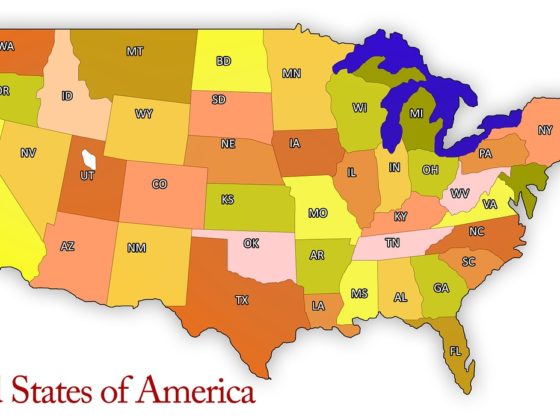We have received a number of inquiries from our clients to clarify the impact of the new NAFTA deal on Canadian e-commerce sellers.
As you’ve heard in the news, the new deal was signed by governments of the U.S., Canada, and Mexico on Sep 30. The biggest points of contention were access to the dairy market, regulation of the auto industry, and a sunset clause for the new deal.
However, there were some significant changes that pertain to e-commerce transactions between the three signing nations. Today we would like to clarify those changes for our subscribers.
Canada De Minimis Threshold Was Raised
Canadian consumers will not have to pay import duties on products that are $150 CAD or less (raised from $20 CAD). The GST/HST/PST will apply from $40 CAD (raised from $20 CAD). The Trump administration demanded an increase to $800.
One caveat is that the new rules only apply to goods purchased online and shipped by “express shipments”. The Ministry of Finance clarified today that private companies like FedEx and UPS will be considered as express shippers.
Companies like USPS and Canada Post will not be considered as private providers and express shippers for the purposes of this rule.
Note that the current limits for cross-border travellers will not change. If you stay in the U.S. for 24 hours, the exemption is $200 CAD, and $800 CAD if you stay for 48 hours or more.
Mexico De Minimis Threshold Was Raised
The new agreement stipulates the increase of the de minimis threshold to $100 USD for importing goods free of customs duties and taxes. That limit was raised from $50 USD.
USA De Minimis Threshold Is Expected to Remain The Same
The new trade agreement stipulates a minimum amount of at least $100 USD for products imported into the U.S.
However, it is widely expected that the U.S. will conform to amendments to the Trade Facilitation and Trade Enforcement Act signed by Barack Obama in 2015. The amendments increased the value of a shipment to be free from duties and taxes to $800 USD.
The Trump administration has not indicated in any of the communications that they are planning to lower this limit, although the new trade agreement would allow them to do it.
Simplified Procedures
All three countries have committed to “fewer customs formalities than those applied under formal procedures” to shipments valued at less than $2,500.
It is not fully laid out in the agreement what specific procedures will be simplified. However, from our experience in the past, Canadian e-commerce sellers of goods with the value of less than $2,500 USD were not required to have an Employer Identification Number (EIN).
The new rules kick in within the next 60 days (before Dec 1, 2018) and are subject to congressional and parliamentary ratifications. These approvals are expected to be pushed through the legislation in the next 3-6 months.
Conclusion
The times when Sears was king and Amazon was still a river are over. Governments slowly but surely adapt to new economic realities of the online world.
Overall, we interpret the new rules to be of a greater benefit to consumers and e-commerce companies. Canadian e-commerce businesses will have a greater access to Mexican consumers. Moreover, Canadian companies selling U.S. goods from the U.S. to Canada will also benefit from the increase in the Canadian de minimis rule.
From the economic perspective, we will continue to see the rise of eCom giants like Amazon and Shopify and a continuing decline in brick and mortar retail. I am of the opinion that the opportunities for e-commerce sellers have never been better, and they’ve become even better today.
References
USMCA Article 7.8: Express Shipments
https://ustr.gov/sites/default/files/files/agreements/FTA/USMCA/07%20Customs%20and%20Trade%20Facilitation.pdf
De Minimis Value Increases to $800
https://www.cbp.gov/newsroom/national-media-release/de-minimis-value-increases-800





